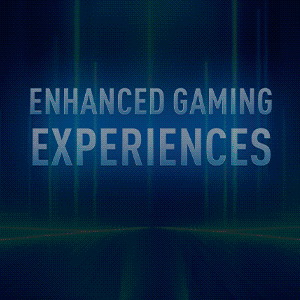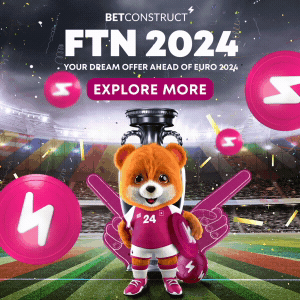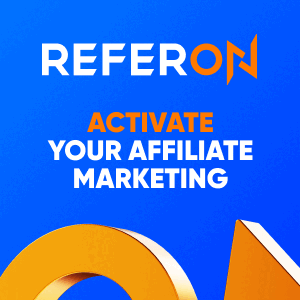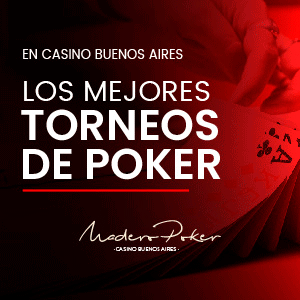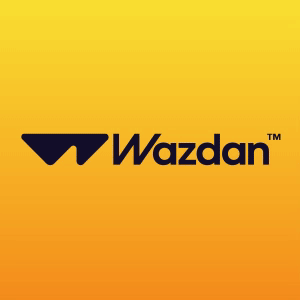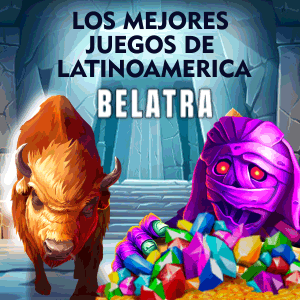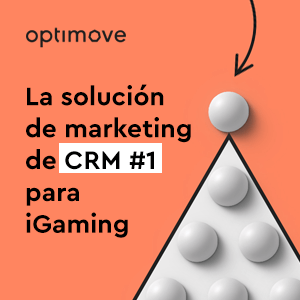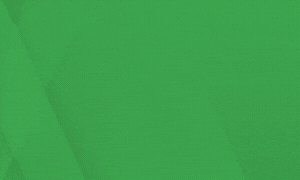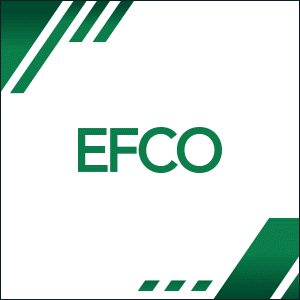Zona de Azar Brazil – Betting in 2025 Should Affect Football’s Millionaire Sponsorships
 Brazil.- 23 de Julho de 2024 www.zonadeazar.com The experience of other countries with the regulation of betting, which has financed the main Brazilian football clubs, should change the way these online sports betting platforms invest here and reduce the generous figures that have marked the dispute for advertising space in recent seasons.
Brazil.- 23 de Julho de 2024 www.zonadeazar.com The experience of other countries with the regulation of betting, which has financed the main Brazilian football clubs, should change the way these online sports betting platforms invest here and reduce the generous figures that have marked the dispute for advertising space in recent seasons.
Betting around the world: From the UK to Argentina, see how countries have regulated betting and what they can teach Brazil. Understand the rules being studied by the government: The Tigrinho game must have ‘pay tables’ to be authorised. A survey by the Bolavip Brasil website in May this year showed that betting already accounted for four out of every five sponsorships for teams in the first division of the Brasileirão. Some of them occupy the poster position, the most prominent on the chest of the athletes’ uniforms.
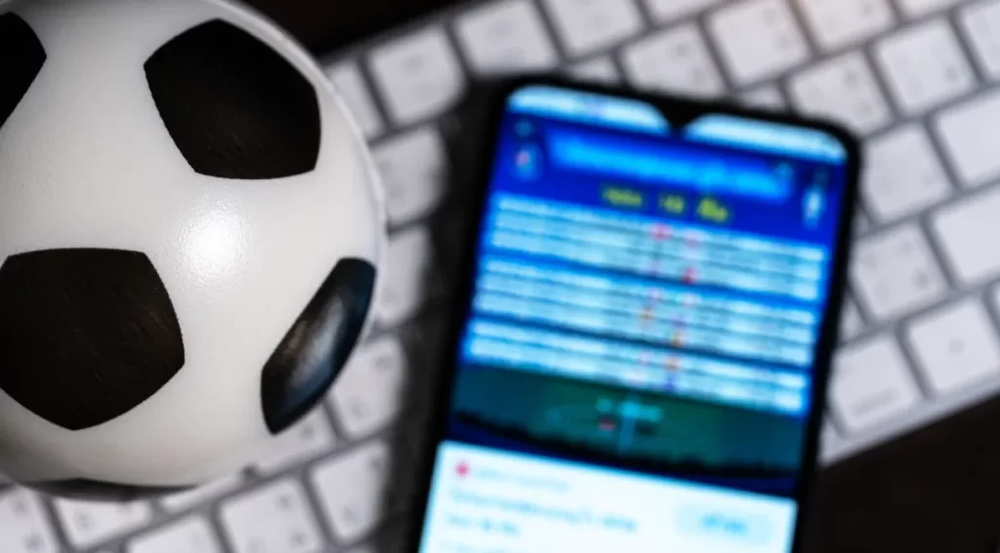
Sports betting
During the pre-regulation phase, these companies’ investments were significantly larger and more volatile than those of brands from other sectors. Experience from other countries suggests that this situation should change.
In 2022, Pixbet presented a more attractive financial proposal and replaced Galera.bet as the sponsor of Corinthians men’s football, exemplifying this dynamic.
This year, the company made an offer to renew the contract and continue with its brand on the front of the Corinthians shirt. However, the club received a better offer from Vai de Bet, worth a record R$360 million over three seasons. The contract was terminated in June, by decision of Vai de Bet, after the club’s use of the money became the subject of a police investigation.
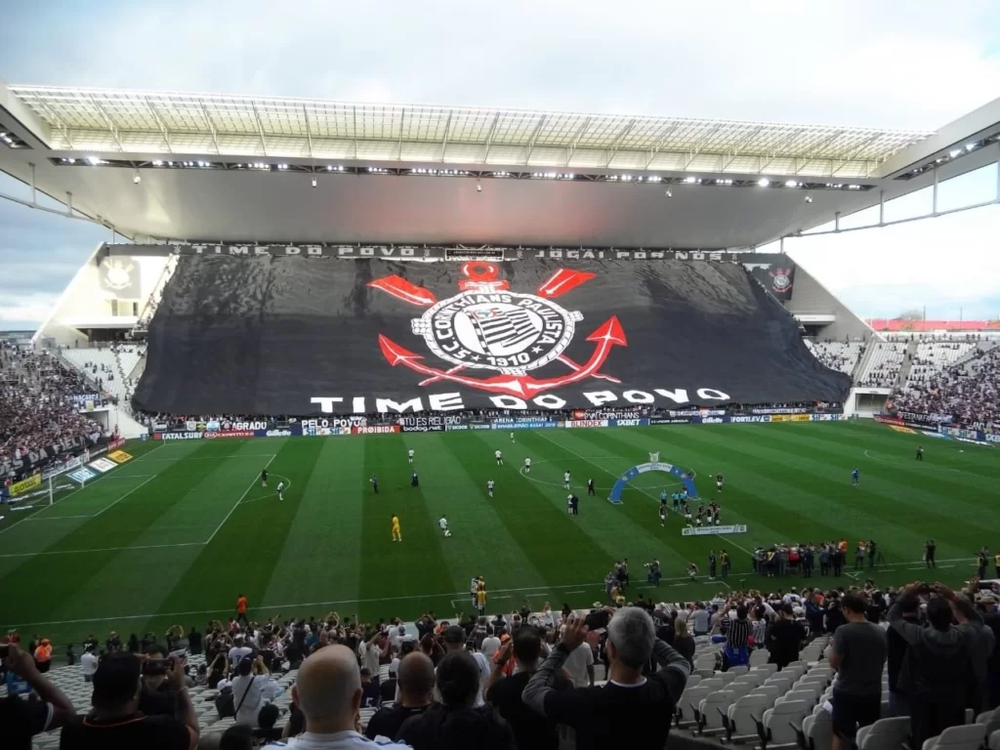
The Corinthians case served as an example
Brazil is still in the ‘rip-off’ phase of bookmakers’ investments, according to industry representatives and analysts heard by GLOBO. However, regulation should calm the dispute. In search of the overexposure provided by the teams, these companies were willing to invest large sums to attract punters.
The regulation imposes requirements such as paying a fee for a five-year operating licence, which should drive away less solid companies and reduce the number of bets competing for football advertising space, according to analysts.
“Any regulated market incurs costs, taxes and duties. This tends to put an end to the current outpouring of money. In the last six months, this has already decreased. At the same time, regulation tends to attract new players,’ says Ivan Martinho, professor of sports marketing at Ibmec.
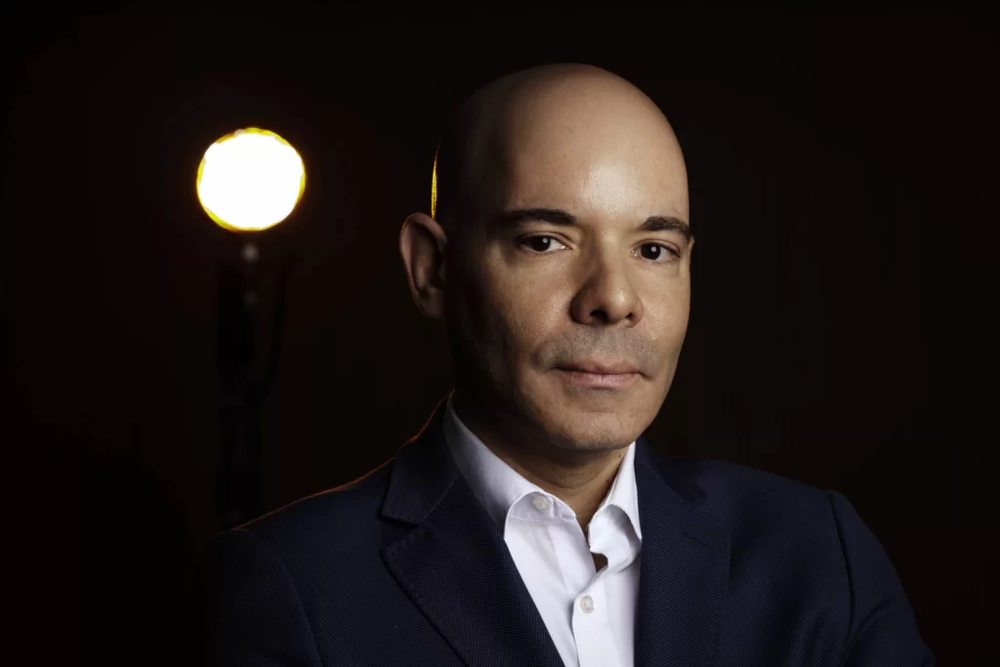
Marcos Sabiá, CEO of Galera.bet
Marcos Sabiá, CEO of Galera.bet, believes that displaying the logo on team shirts is still a crucial investment for brands seeking recognition among consumers. However, he emphasises that the next step for betting companies is to invest in building their brand with punters, which implies a better distribution of marketing resources beyond football.
– The regulation eliminates companies that are less prepared, don’t have a robust marketing structure and don’t manage their brand with a long-term focus,’ says Sabiá. – Galera.bet recently diversified its investments, sponsoring the country music circuit, Allianz Parque (Palmeiras’ multi-purpose arena) and the São Paulo carnival.
SELF-REGULATION
The allocation of resources to other sectors, especially entertainment, with investments in concerts and cultural events, serves to reinforce the idea that betting is a form of leisure.
International experience shows that regulation usually goes hand in hand with legalisation. At this point, bookmakers are allowed to advertise, which naturally increases sponsorship. In Brazil, experts believe that the effect will be the opposite: with regulation, companies that currently sponsor clubs may leave the market, reducing competition.
Regulation tends to drive many companies away
Regulation tends to drive many companies away due to a series of requirements and the amount of the licence fee. With a smaller market, the tendency is for investment in advertising to decrease. Clubs, athletes and the media must prepare for this. This scenario has been discussed since the middle of last year. – analyses Rodrigo Capelo, a GLOBO columnist and sports business specialist.
In Europe, where the regulation of betting is more advanced, football is already experiencing a new phase in its advertising relationship with bookmakers. Among the markets that are home to the continent’s five major leagues, three countries have vetoed or imposed restrictions on sponsorship by betting brands: the UK, Spain and Italy. France and Germany still allow support from companies in the sector, but are discussing a review of these rules.
FAIR PLAY
The most recent move took place in England. In April last year, Premier League clubs decided to ban the display of betting brands on the front of their shirts from the 2026/27 season, a self-regulation that impacted eight of the 20 teams in the top flight.
In Italy, the initiative came from the government in 2019, as it did in Spain the following year. The regulations now ban industry brands on uniforms. The Spanish also vetoed the sale of naming rights, i.e. the right to name stadiums, to betting platforms.
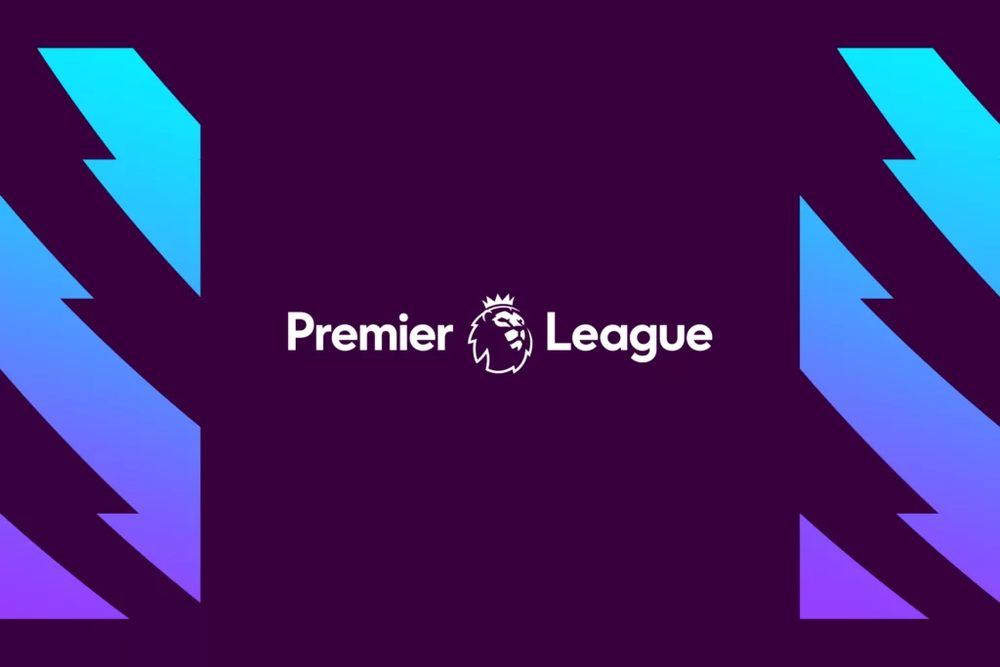
Premier League to ban bookmaker sponsorships
These moves are motivated by concern for the integrity of the game and an effort to keep children and teenagers, who are major consumers of football, away from the world of betting, which requires self-control and financial responsibility.
The English are particularly strict about any action that could jeopardise the integrity of the sport. One of the main players in the Brazilian national team, midfielder Lucas Paquetá, is under investigation and could be banned from the sport. He is suspected of intentionally receiving yellow cards in four West Ham matches to favour bets from relatives and friends in Brazil.
TRANSPARENCY
Changes in the market have led European companies and clubs to adapt. At the beginning of July, Inter Milan signed an agreement with the Betsson group, a betting operator, worth €30 million per season. The group also invests in online platforms for sports content, information and entertainment. According to Italian rules, brands from these activities can appear on team shirts.
In Germany, the regulation of the market, without a league veto, has created a more transparent and secure environment, encouraging partnerships. Clubs like Borussia Dortmund collaborate with major betting operators, displaying their brands in the stadium and in integrated marketing campaigns.
Inter Milan and Betsson confirm partnership
In the USA, major companies in the sector have the rights to use the brands of the NFL, the American football league, in their promotions and integrate betting content into the league’s media properties, such as the NFL.com website and the NFL app. Franchises like the New York Jets also have individual agreements with betting operators.
– These partnerships not only generate revenue for the clubs, but also help betting companies reach a more engaged audience. Regulation ensures that partnerships are conducted responsibly, protecting consumers and maintaining the integrity of the sport – explains Ricardo Bianco Rosada, founder of the consultancy brmkt.co, which works in the areas of Strategy, Branding, Marketing and Business Development.
Edited by @pererarte www.zonadeazar.com













